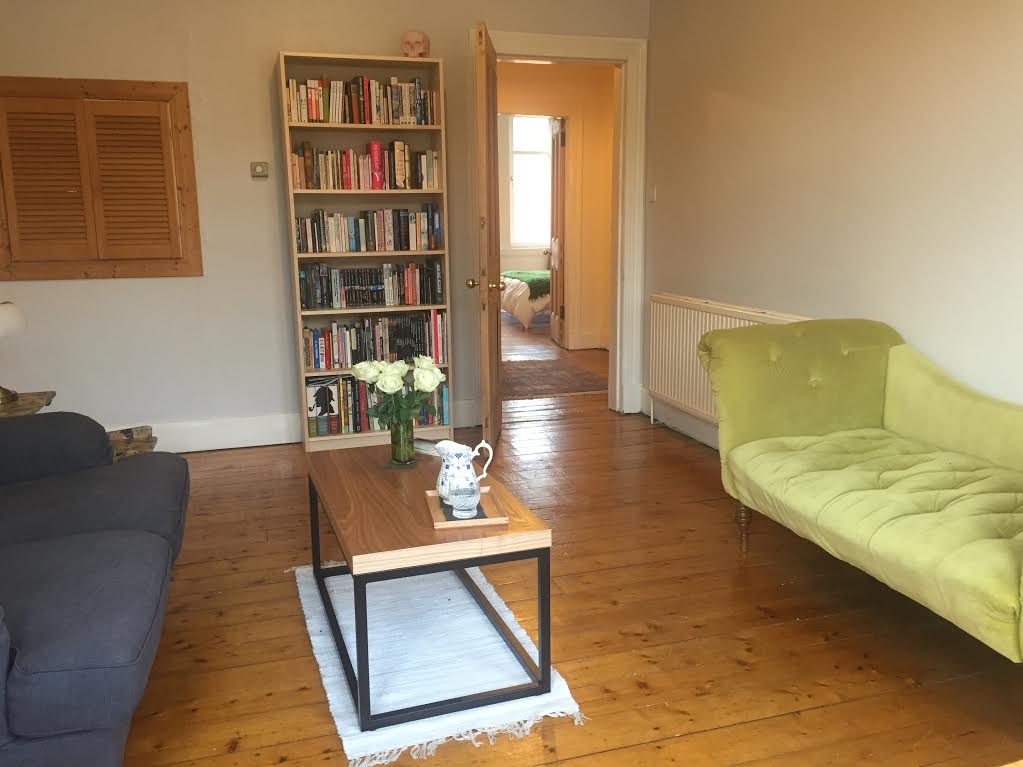This article is the second thing I’ve written today. The other was my will.
After meeting Caitlin and devouring her work, I’ve decided to come to terms with my pending decomposition. As much as I’d like to live forever, bopping back and forth between Big Bang and Big Crunch in an eternal game of ping-pong, it’s obviously not going to happen. All roads lead to Wormsville.
 I wrote a will as part of this acceptance journey, but I also wrote it because I’m a minimalist and feel unusually responsible for the destiny of my stuff. A decade of purging and vigilance against accumulation has given me a heightened sense of responsibility, even affection, for the few things I own. In accepting death, a first thought was what will happen to my stuff? but, of course, I already knew the answer and had been preparing for it, through minimalism, all along.
I wrote a will as part of this acceptance journey, but I also wrote it because I’m a minimalist and feel unusually responsible for the destiny of my stuff. A decade of purging and vigilance against accumulation has given me a heightened sense of responsibility, even affection, for the few things I own. In accepting death, a first thought was what will happen to my stuff? but, of course, I already knew the answer and had been preparing for it, through minimalism, all along.
All of your stuff–much like yourself, madam–is destined for landfill. It’s a fact of death that our once-treasured possessions will be ditched unceremoniously. Your sci-fi paperbacks will not be gently escorted to the Library of Congress and shelved with a little plaque with your name on it. Your record collection will not be sealed into the tomb with you. You’re not Tutankhamun. You’re not even Nefertiti.
Our stuff is unlikely to be used or valued by descendants. They’ll see it as a nuisance and want rid of it as quickly as possible because they already have too much stuff without inheriting ours. They’ll probably handle some of it affectionately and say “silly old gran,” before selling it off in one big lot to a clearance company or booting it into a bin.
Maybe you don’t mind what you leave behind or the state in which you leave the world once you’re dead. To have people clean up after you while you’re shaking hands with Elvis may be every human’s prerogative, a form of palliative care to which we’re all entitled. But to me it seems mean-spirited to make things difficult for the life-laundry fairies by leaving them as big a cache of junk to tackle as possible. It should be seen as embarrassing to die with so much stuff in one’s possession: it’s a case “sorry I didn’t tidy up before you got here” times a million.
Inanimate objects will not, in any meaningful way, survive us. It took me a while to notice but minimalism is strongly tied to death acceptance. Acquisition is death denial. To acquire is to fortify yourself, expand yourself, make yourself unmovable, unwashawayable. To accumulate is to live as if you’re not going to die. To have a house full of stuff, a storage unit full of more stuff, and a room at your mum’s house also full of your stuff is to live as if you’ve got an eternity to sort it all out or to use it all. We don’t. You’re all going to slip on a bathmat one day and smack your head off the wash basin, your final thought being “hope I don’t slip on that bathmat and smack my head off the wash basin”.
Death deniers, those who won’t come to terms with their glorious finity, will also spend time and money on youth potions, midlifecrisismobiles, endless distractions from mortality. They treasure their so-called investment pieces, sitting around on their trash heap of perceived wealth like a CGI dragon voiced by Benedict Cumberbatch. Those who truly accept death know they don’t need any of this and instead live lightly, understanding that no amount of physical stuff will cancel their date with Bowie.
Accept death, to prepare for it, and in doing so get on with life. A fine way of doing this is to pare down your stuff and not replace it. Then you can get on with having real experiences instead of shopping and stacking things on top of one another. This sort of purge is respectful of your stuff too: you can say goodbye to each object properly while you’re still alive instead of leaving it bereaved.
The benefits of minimalism cannot be overstated. It’s good for the environment (reduction being the most overlooked of “the three Rs” and the only one that really matters), for aesthetics, your health, your mental wellbeing, your way of life, and your wallet. And as I learned only recently, it’s not only good for your life but also your death.
I’m off to visit some friends now to have them witness the signing of my will. They’re minimalists too, so they’ll be delighted when I ring their doorbell, brandishing the paperwork confirming that I’ll leave them nothing.
Robert Wringham is an author and comedian. Support his new essay series on Patreon.

